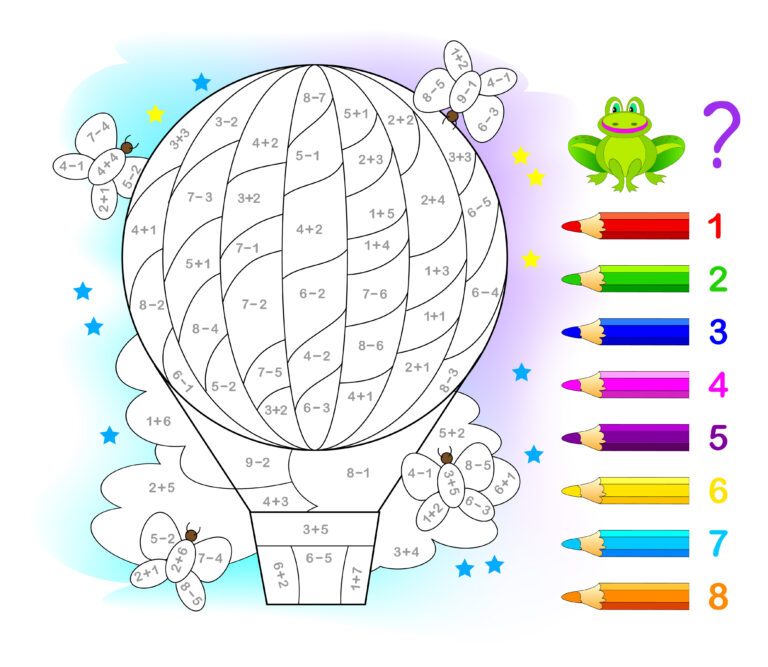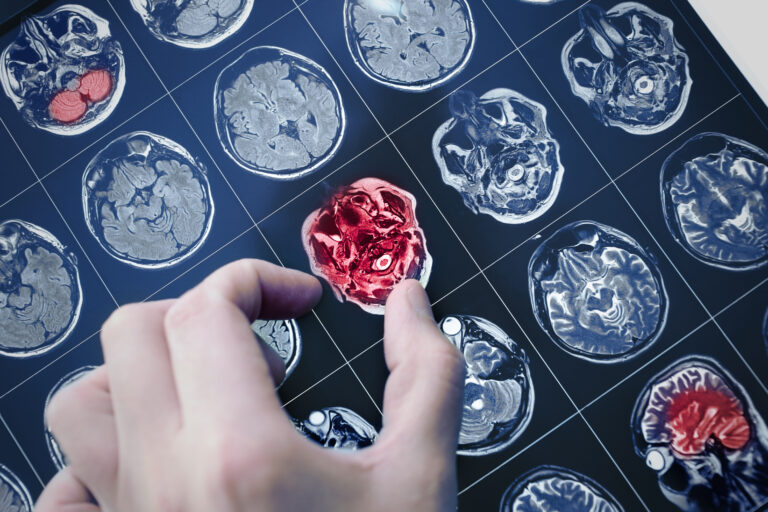Eating mussel stew weekly does not equal the radiation dose received from a CT scan; these two are fundamentally different in nature and cannot be directly equated.
To understand why, it’s important to clarify what each involves. A CT (computed tomography) scan is a medical imaging procedure that uses X-rays to create detailed pictures of the inside of the body. This process exposes the patient to ionizing radiation, which can increase the risk of cellular damage and, with repeated exposure, potentially increase cancer risk. The radiation dose from a typical CT scan varies depending on the type of scan but is generally measured in millisieverts (mSv). For example, a chest CT scan might deliver around 7 mSv, which is roughly equivalent to two years of natural background radiation exposure.
On the other hand, eating mussel stew is a dietary activity involving the consumption of seafood. Mussels are filter feeders and can accumulate trace amounts of naturally occurring radioactive elements, such as radium or polonium, from their environment. However, the levels of these radioactive substances in mussels are extremely low and regulated by food safety authorities to ensure they are safe for human consumption. The radiation dose from eating mussels—even regularly—is minuscule compared to that from a CT scan.
To put it simply, the radiation exposure from a weekly serving of mussel stew is negligible and does not approach the dose from a single CT scan. The human body is exposed to low levels of natural radiation daily from food, air, and soil, and mussels contribute only a tiny fraction of this background radiation. Even if you ate mussel stew every week, the cumulative radiation dose would remain far below that of a single CT scan.
Moreover, the radiation from food is primarily internal and comes from naturally occurring radioactive isotopes that are part of the earth’s environment. This type of radiation is generally considered low risk because it is at very low levels and the body has mechanisms to repair minor damage caused by such low doses. In contrast, CT scans deliver a concentrated external dose of radiation in a short time, which is why medical imaging protocols carefully weigh the benefits against the risks.
In summary, while both eating mussel stew and undergoing a CT scan involve exposure to radiation, the scale and nature of that exposure are vastly different. Eating mussel stew weekly does not equal the radiation dose of a CT scan; the latter is many orders of magnitude higher and more significant from a health perspective.





